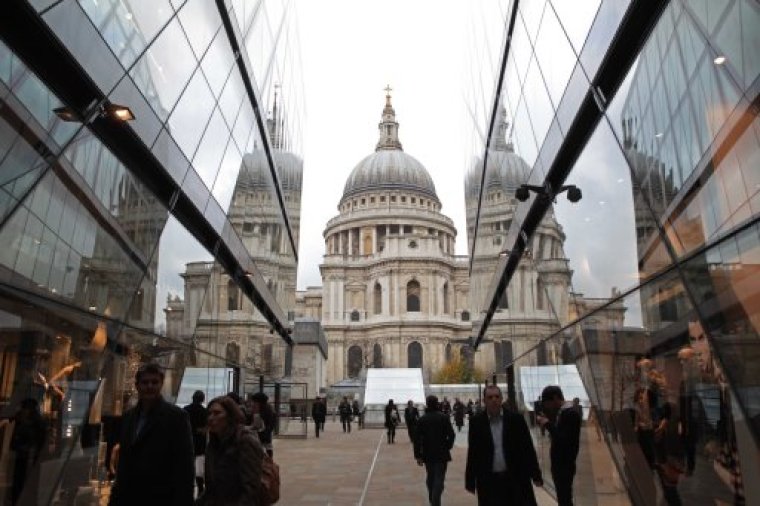
Mr Kafwanka is director of mission for the Anglican Communion. While some still see mission as a transfer of people and resources from largely the US and Europe to Africa or other "poor states", he says the concept of "mission from everywhere to everywhere" is a much more helpful and accurate understanding of mission in the 21st century.
What he is most concerned to see is an appreciation among both senders and receivers of the mutual learning that comes from mission.
"Those who carry the Gospel can come to learn more about Jesus through the people they are coming to convert," he says.
It is tempting to think of mission in terms of one party providing support and another receiving. But such a relationship will come to be characterised by "paternalism on one side and dependence on the other" he says, instead of both sides seeing mission as "an opportunity to serve together".
"There is small but growing confidence among Christians in the majority world and a determination to forge partnerships characterised by sharing and transparency," he says.
Kafwanka, a Zambian, notes that churches in traditionally Christian countries are now struggling with declining membership, while the church is flourishing in the majority world. Mission today, on the African continent, is far less about Christians coming from the likes of the UK and much more indigenous, a Nigerian pastor, for example, resourced by Christians in Kenya and going to do mission in Guinea.
And while European countries traditionally sent Christians to the African continent, there are many African Christians now who see Europe as a mission field, a place they are being called to to re-evangelise.
In that sense, mission today is less about "what we do 'out there'" and more about churches being in a relationship of "sharing". While he commended the UK church's heart for world mission, he said that British Christians going to do mission were not being properly prepared to learn.
"The emphasis is always what they are going to do when they get there. It's important they understand there is a lot of learning and they are going to learn so that they can come back and bring something back.
"There is a disconnect with how they can contribute to the church here when they come back, beyond just coming back and giving a talk."
Mr Kafwanka was speaking at a conference at St Aidan's Episcopal Church, Clarkston, near Glasgow, exploring David Livingstone's legacy for the church and ecumenism today. The conference was part of a series of events taking place in Scotland to celebrate the bicentenary of the missionary and explorer.
At a time when mission agencies were territorial and divided over denomination, Livingstone was "well ahead of his time", Kafwanka remarked, collaborating with whoever he needed to collaborate with to get his work done.
"David Livingstone in many ways transcended tribe, in many ways transcended ethnicity, in many ways trascended culture and denomination," said Kafwanka.
"He was not interested in building a church in his name but seeing the Gospel take root."
He added: "Church divisions, denominational isolations can only be interpreted as a scandal to the Gospel and a scandal to missions."
Responding, the Very Reverend John Miller, former Moderator of the General Assembly of the Church of Scotland, said David Livingstone's legacy had been "rehabilitated" by such perspectives.
Acknowledging the older years of many at the conference, he said: "We come from a generation that looks at colonialism knowing how much we gained from Africa and how much we took from Africa in the process. David Livingstone took some of the blame for setting that plundering in motion. That is not an accurate view of David Livingstone."
He said the changing mission trends and new ideas coming from the church in majority world were a challenge to the church in Scotland: "How are we going to bring the new thing into the institutions we are so much a part of? How can we use the new thing and make that part of the living church here? How can we make mission work a real thing, not just ticking a box or sending a parcel out?"